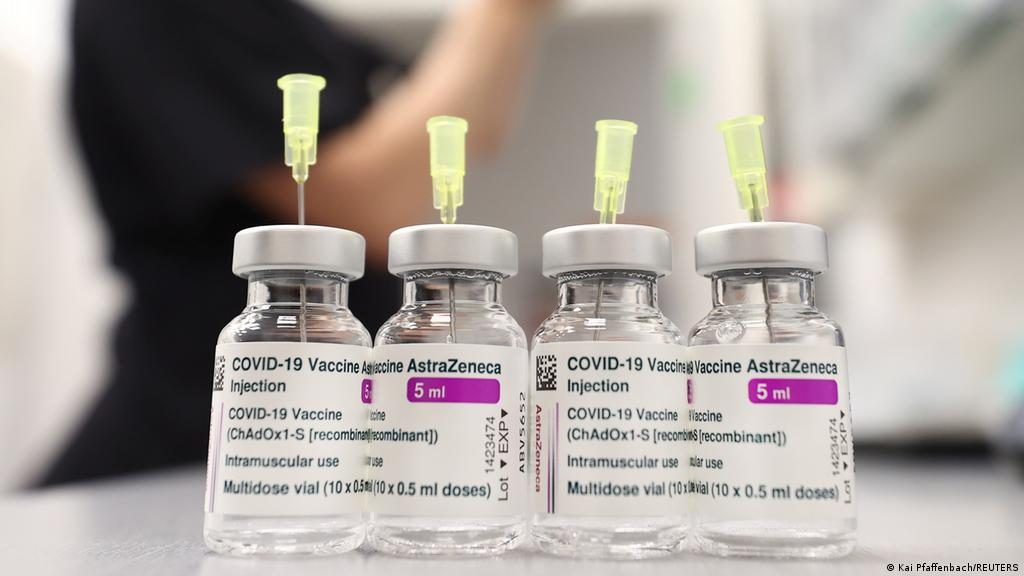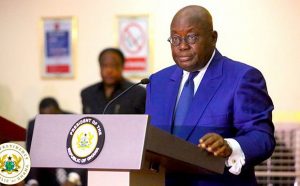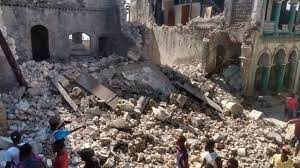The slow rollout of coronavirus vaccines in Africa could cost the continent $14 billion a month in economic output, a World Bank official said.
The Covid-19 pandemic “continues to exert pressure on African economies and exacerbate poverty,” Dena Ringold, the World Bank’s Africa regional director for human development, said Thursday. “We estimate that every month of delay in the provision of Covid-19 vaccines has the potential to cost the African continent close to $14 billion in lost GDP,” she said.
African governments are vaccinating their populations at a much slower rate than higher income counterparts, with less than 0.5% of the continent’s roughly 1.3 billion people fully immunized to date. Shortages in available doses are partly due to supply bottlenecks that have been worsened by surging cases and deaths in India, which has lead the country to ban exports.
India’s Serum Institute has a license to manufacture the AstraZeneca Plc shots relied on by the World Health Organization-coordinated Covax program.
Shipments of vaccines to African countries “have slowed down to a trickle this month because of the reliance on India,” Matshidiso Moeti, the WHO’s regional director for Africa, said at the same briefing.
Africa has received only 18.3 million doses of the 66 million the continent expected from Covax by the end of May, according to Moeti. She welcomed a pledge by the U.S. government to share 80 million surplus shots and called on other countries to follow suit.
Vaccine-financing requests by 36 African countries have been submitted to the World Bank amounting to a combined $2 billion, Ringold said. Seven applications have been approved while the others are still under consideration, she said. African governments are vaccinating their populations at a much slower rate than higher income counterparts, with less than 0.5% of the continent’s roughly 1.3 billion people fully immunized to date. Shortages in available doses are partly due to supply bottlenecks that have been worsened by surging cases and deaths in India, which has lead the country to ban exports.
India’s Serum Institute has a license to manufacture the AstraZeneca Plc shots relied on by the World Health Organization-coordinated Covax program.
Shipments of vaccines to African countries “have slowed down to a trickle this month because of the reliance on India,” Matshidiso Moeti, the WHO’s regional director for Africa, said at the same briefing.
Africa has received only 18.3 million doses of the 66 million the continent expected from Covax by the end of May, according to Moeti. She welcomed a pledge by the U.S. government to share 80 million surplus shots and called on other countries to follow suit.
Vaccine-financing requests by 36 African countries have been submitted to the World Bank amounting to a combined $2 billion, Ringold said. Seven applications have been approved while the others are still under consideration, she said.







